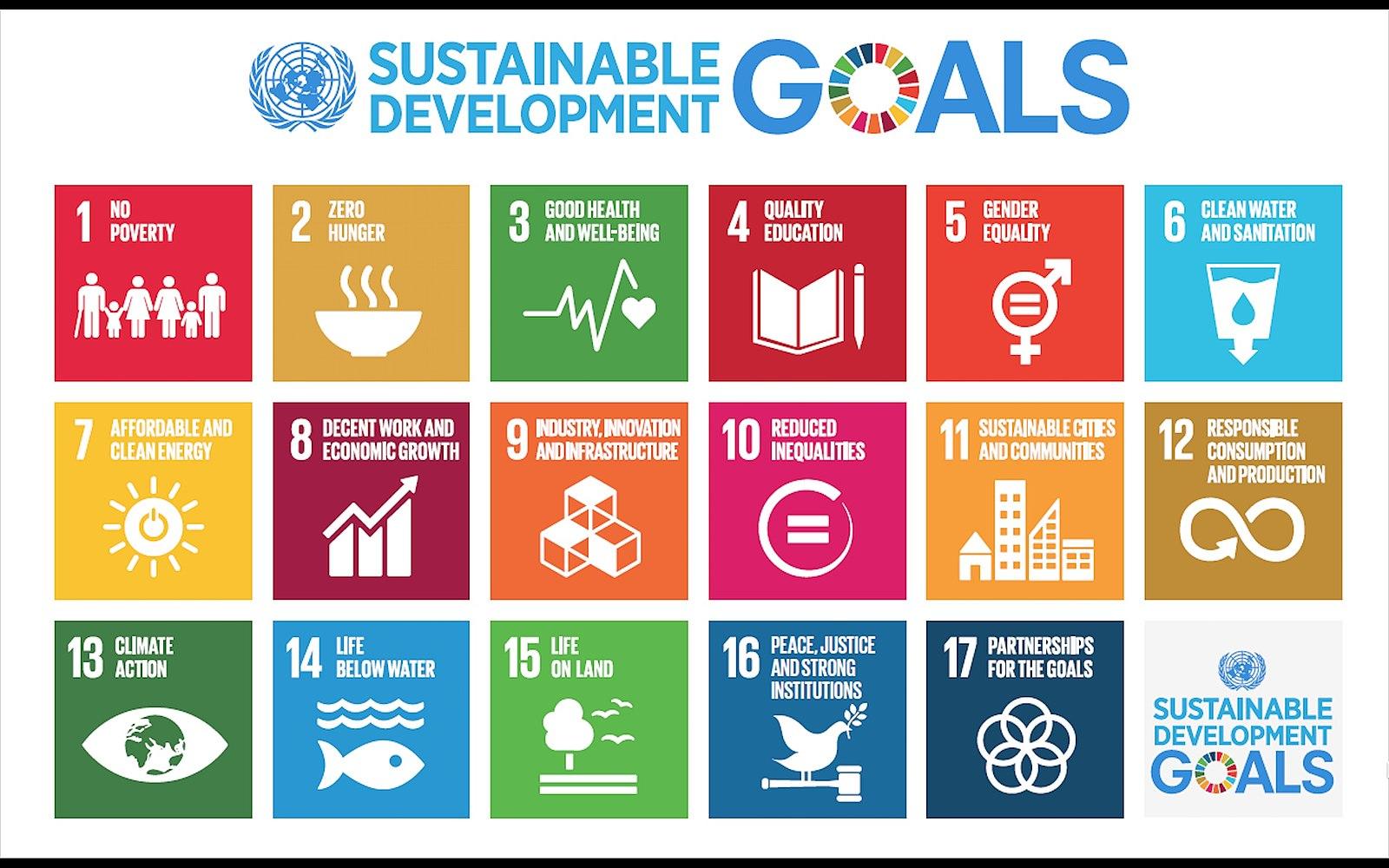Sustainable Development and Psychology: Bridging Mindsets for a Greener Future
In a world increasingly aware of environmental challenges, the conversation around sustainable development is more relevant than ever. While we often discuss technological innovations, policy changes, and economic frameworks, one crucial element is often overlooked: psychology. Understanding human behavior and mindset is essential for fostering sustainable practices and creating a better future for our planet.
The Psychology of Sustainability
At its core, sustainable development is about meeting the needs of the present without compromising the ability of future generations to meet theirs. This requires significant changes in how individuals and societies think and act. Here’s how psychology plays a pivotal role:
1. Behavior Change
One of the biggest hurdles in achieving sustainability is altering deeply ingrained behaviors. Psychology provides insights into why people resist change and how to encourage positive habits. Techniques such as nudging—subtly guiding choices without restricting options—can lead to more sustainable behaviors. For example, placing recycling bins in convenient locations can increase recycling rates significantly.
2. Cognitive Dissonance
Cognitive dissonance occurs when our beliefs and actions are misaligned. For instance, someone who is environmentally conscious but drives a gas-guzzling car may feel uncomfortable about this contradiction. Addressing this dissonance can motivate individuals to adopt more sustainable practices, such as using public transportation or carpooling, to align their actions with their values.
3. Social Norms and Identity
Humans are inherently social beings, and our behaviors are heavily influenced by those around us. Creating a culture of sustainability can leverage social norms to encourage eco-friendly behaviors. When people see their peers engaging in sustainable practices, they are more likely to follow suit. Additionally, fostering an identity centered around sustainability can empower individuals to make choices that reflect their values.
Integrating Psychology into Sustainable Development Strategies
To effectively integrate psychological insights into sustainable development, we can consider several strategies:
1. Education and Awareness
Education is vital in changing mindsets. By incorporating psychological principles into sustainability education, we can enhance awareness of environmental issues and empower individuals to take action. Programs that promote critical thinking and empathy can help people understand the broader implications of their choices.
2. Community Engagement
Engaging communities in sustainability initiatives fosters a sense of ownership and accountability. Utilizing psychology to create participatory programs can enhance community cohesion and motivate collective action. Workshops, volunteer opportunities, and local events can build stronger connections and inspire sustainable practices.
3. Behavioral Interventions
Governments and organizations can implement behavioral interventions based on psychological research. For instance, using reminders, feedback, and goal-setting strategies can encourage individuals to adopt more sustainable behaviors. Personalized approaches that resonate with individual values can significantly enhance the effectiveness of these interventions.
The Future of Sustainable Development and Psychology
As we navigate the complexities of climate change and environmental degradation, the intersection of psychology and sustainable development becomes increasingly important. By understanding the motivations, barriers, and cognitive processes that influence behavior, we can design more effective strategies for promoting sustainability.
Incorporating psychological principles into sustainability initiatives can not only enhance individual and collective action but also foster a deeper emotional connection to our planet. When people feel a sense of responsibility and connection to the environment, they are more likely to engage in behaviors that promote sustainability.
Conclusion
Sustainable development is not just about policies and technologies; it’s fundamentally about people. By harnessing the power of psychology, we can create a culture of sustainability that resonates with individuals and communities. As we move forward, it’s crucial to recognize that every small change in mindset can contribute to a larger movement towards a greener, more sustainable future. Together, we can bridge the gap between our values and our actions, paving the way for a healthier planet for generations to come.

